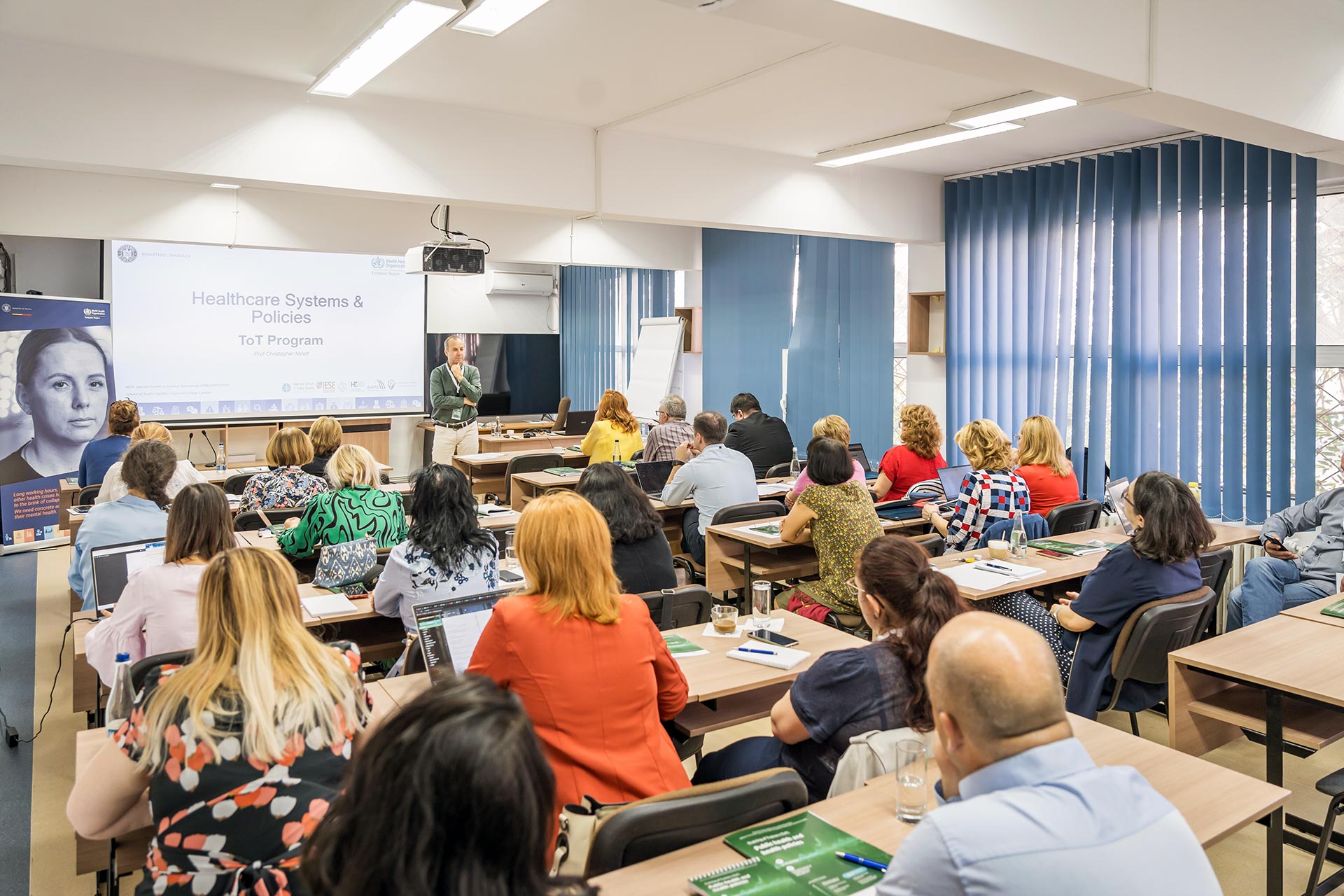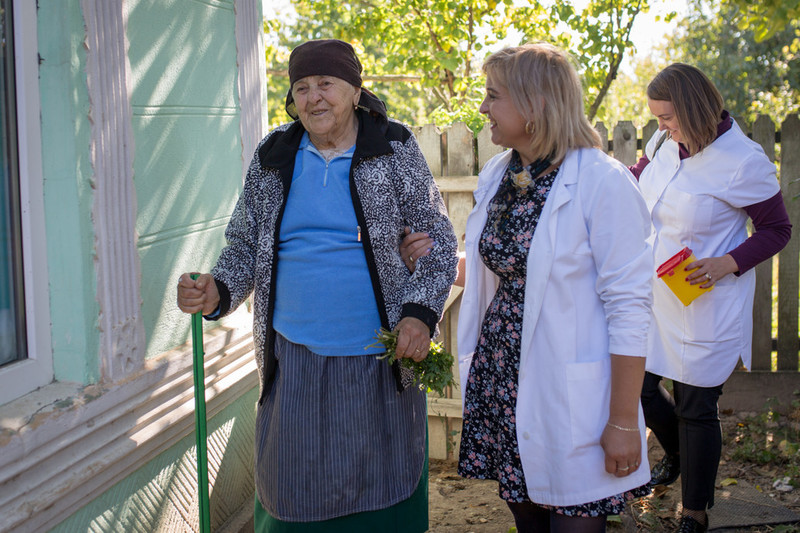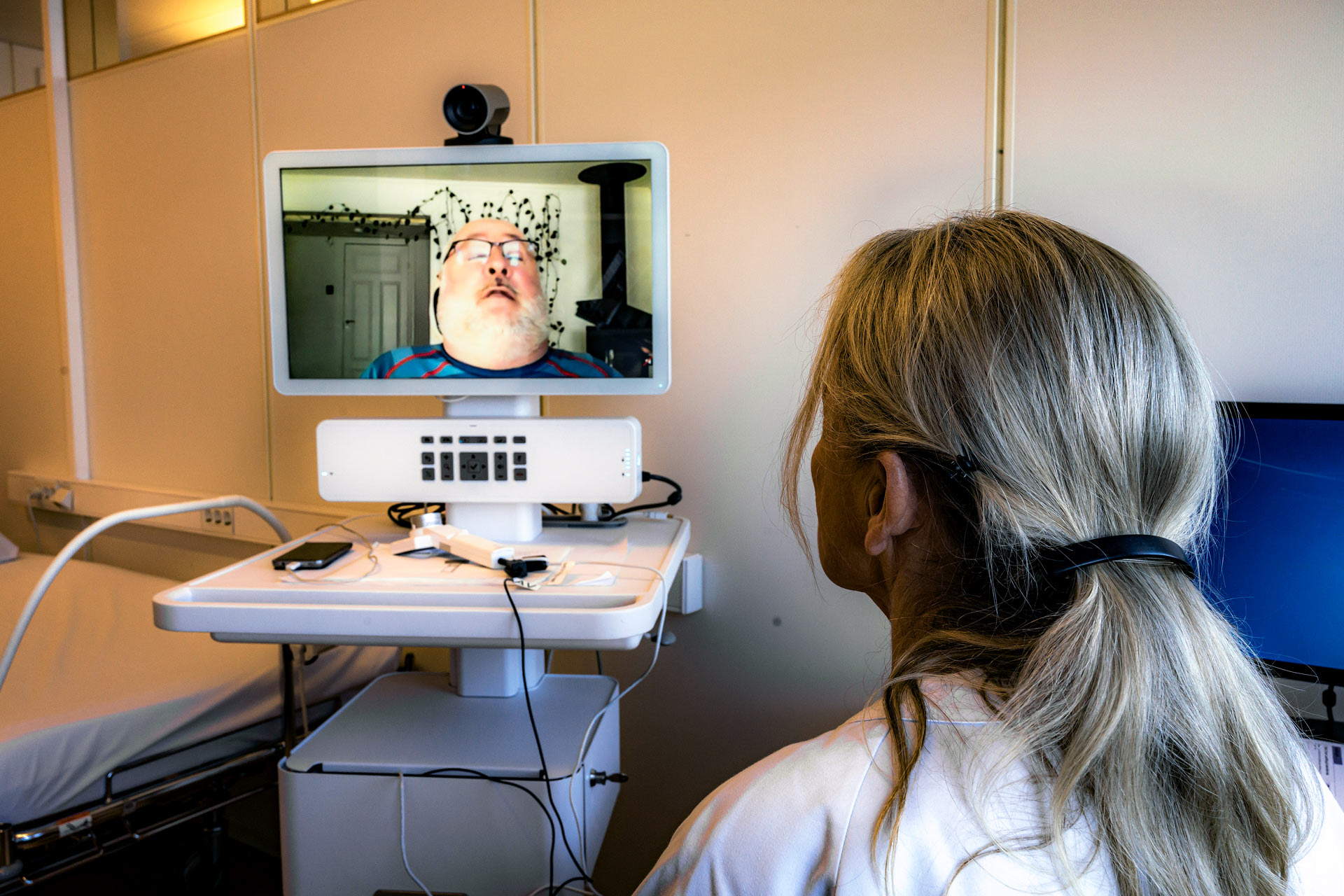-resized-who-mihai-eremia.tmb-768v.jpg?sfvrsn=223ba9f0_1)
National Recovery and Resilience Plan
National Recovery and Resilience Plans (NRRP) are a European Commission initiative designed to help countries to recover economically after the COVID-19 pandemic, with an emphasis on creating a greener, more digital and resilient future.
Romania’s NRRP aligns with 2 key frameworks established between WHO and the Ministry of Health of Romania: the strategic Country Cooperation Strategy 2024–2030 and the operational Biennial Collaborative Agreement, as well as Romania’s National Health Strategy 2023–2030.
At the core of these programmatic documents are several strategic priorities aimed at improving the quality of care, strengthening the health and care workforce, and advancing digital health in Romania.
WHO supports the Ministry of Health of Romania in implementing the health-care and digitalization components of the NRRP, helping to design and execute policies that strengthen universal health coverage. The agreement between the MoH and WHO, signed in June 2022, focuses on 4 key areas:
- quality of care
- health services management
- human resources in health
- data and digital health.
As a knowledge-based organization, WHO conducts assessments, provides recommendations and guides the development of national health policies, introducing European models and best practices for application in Romania. Through the NRRP, WHO experts collaborate with the Government of Romania, national authorities and health partners to implement reforms aimed at enhancing access to high-quality health-care services and improving patient outcomes across the country.
Areas of focus
Quality of care

Better quality of care leads to better patient health outcomes. To implement the health component of the NRRP focused on quality of care, WHO is assisting the Ministry of Health and national stakeholders in consolidating and evaluating data related to health-care services. This involves collecting reliable performance indicators, including patient-reported indicators, to assess patients’ perspective on the quality of care they receive. The work on the quality-of-care pillar is supported by the WHO Office on Quality of Care and Patient Safety in Athens, Greece.
Health services management

Strong management skills are essential for ensuring safe and accessible health-care services. Health system administrators require adequate training, development opportunities and clear career pathways. WHO works closely with the National Institute of Health Services Management, which provides training programmes focused on capacity-building and professional development for health services managers, including train-the-trainer programmes.
Human resources for health

Data and digital health

Digital health represents the intersection of technology and health care. Through the NRRP, WHO is supporting the digital transformation of the Romanian health-care system by optimizing existing databases, facilitating patient access to health information and improving the management of health services at the national level. Digitization is a critical enabler for all aspects of the health-care system, driving efficiency, effectiveness and quality of care.



